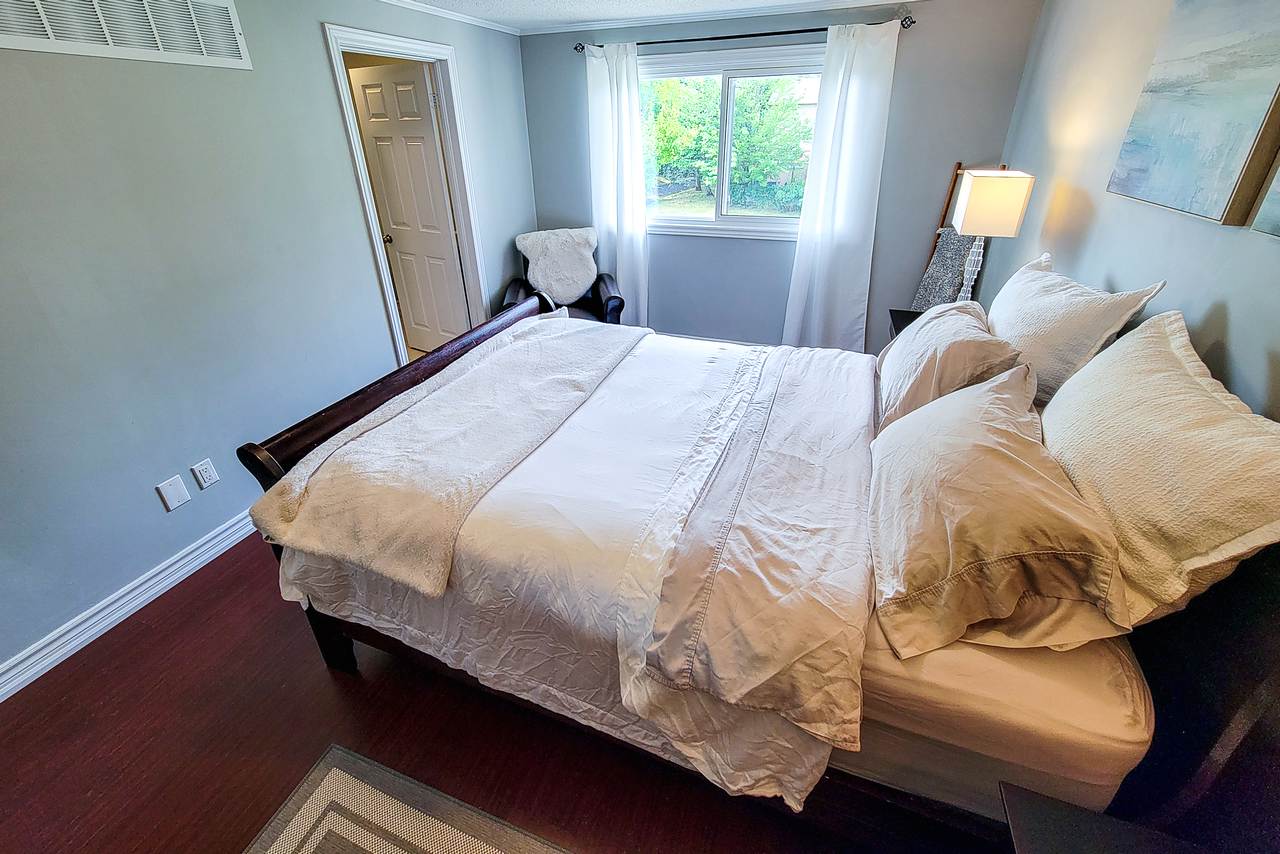Who pays for the Status Certificate?
Who Really Pays for the Status Certificate? You’ll be surprised who usually covers the fee.
Quick answer: Who pays the Status Certificate?
In most condo sales (especially in Ontario), the seller orders and pays for the Status Certificate. The condominium corporation charges a fee to prepare it. Buyers rely on this document to confirm condo finances, rules, and legal matters. If a buyer asks for extra or updated certificates later, the buyer may pay those additional fees. Rules vary by province or country — always confirm with your lawyer or condo board.
Why this matters when selling condos
Selling condos moves fast. The Status Certificate is a core document buyers, lenders, and lawyers need before closing. If the seller delays ordering it or avoids the fee, the sale stalls. Knowing who pays keeps the sale on schedule and avoids surprises at closing. This matters for pricing, closing timelines, and negotiation leverage.

Typical cost and timing
- Typical fee: $100–$300 (varies by condo corporation and region).
- Rush options: available for extra cost.
- Timeline: usually 3–14 business days.
Expect small variation by jurisdiction. In Toronto/Greater Toronto Area, fees often fall in the $100–$200 range.
What the Status Certificate shows
- Condo corporation financial statements and reserve fund status
- Any outstanding contribution arrears against the unit
- Monthly common expenses and any special assessments
- Pending legal actions involving the corporation
- Rules, restrictions, and any rental/pet limitations
This is not a marketing sheet. It’s the legal snapshot buyers and lenders use to decide if they proceed.
Red flags buyers should watch for
- Large special assessments or sudden increases in common fees
- Major legal disputes involving the corporation
- Low or depleted reserve fund
- Unit owner arrears that could lead to liens
If you spot red flags, call your lawyer. They will advise on remedies, negotiation points, or walk-away options.
Practical steps for sellers and buyers
- Seller: order the Status Certificate early — don’t wait for an offer.
- Seller: pay the condo corporation fee so the buyer’s lawyer can review it.
- Buyer: have a lawyer check the document immediately.
- Both: ask for expedited processing if timeline is tight (expect added cost).

Final note — protect the deal
Clear expectations and quick action remove friction. The seller usually pays the initial Status Certificate fee. The buyer may pay for additional or updated certificates. Confirm the process with your realtor and lawyer.
Want fast, confident results selling your condo? I handle the paperwork, timing, and negotiations so deals close clean. Call or email to get a clear plan and timeline.
Tony Sousa — Local Realtor
Email: tony@sousasells.ca
Phone: 416-477-2620
Website: https://www.sousasells.ca





















